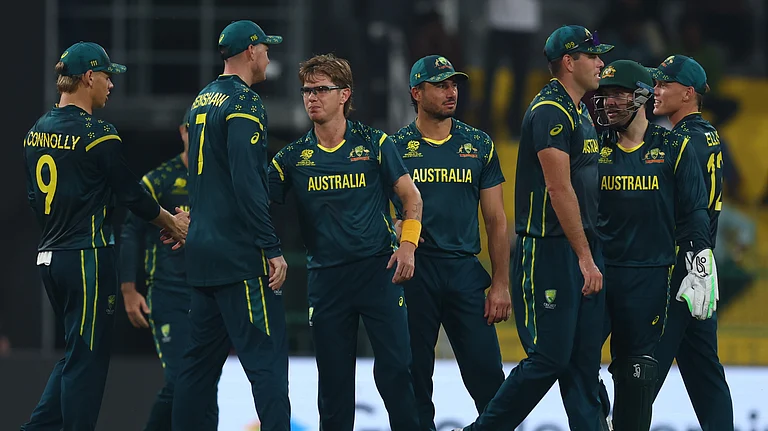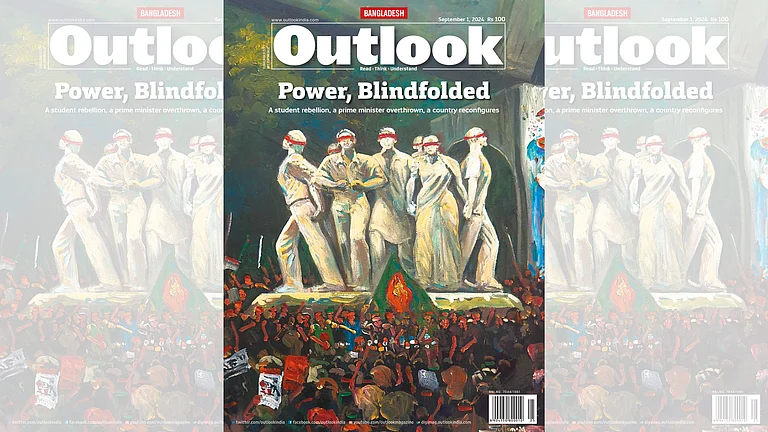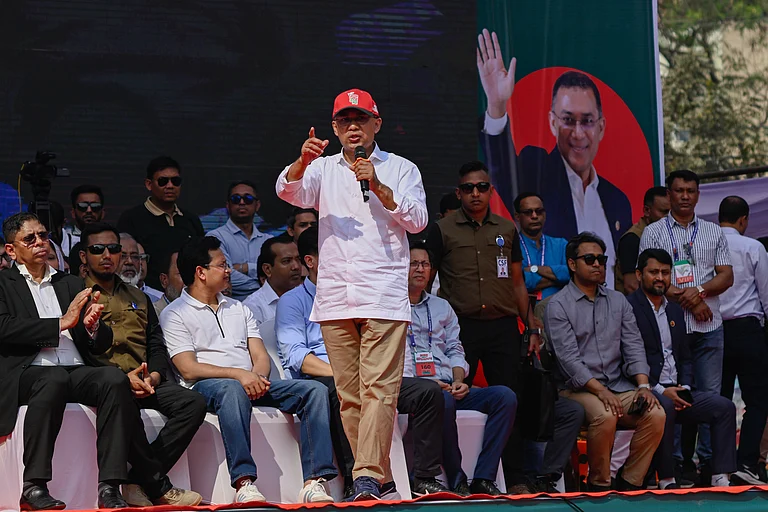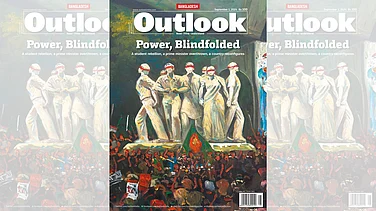Singapore Prime Minister Lee Hsien Loong invoked India's first prime minister Jawaharlal Nehru while arguing how democracy should work in the city-state during a passionate debate in Parliament.
"Most countries are founded and start off on the basis of high ideals and noble values. But more often than not, beyond the founding leaders and the pioneer generation, over decades and generations, gradually things change," Lee said on Tuesday during the debate on the Committee of Privileges’ report on complaints about untruths told by former Workers’ Party lawmaker Raeesah Khan.
"Things start off with passionate intensity. The leaders, who fought for and won independence, are often exceptional individuals of great courage, immense culture, and outstanding ability. They came through the crucible of fire and emerged as leaders of men and nations. They are the David Ben-Gurions, the Jawaharlal Nehrus, and we have our own too," he said.
Imbued with enormous personal prestige, they strive to meet the high expectations of their peoples to build a brave new world, and shape a new future for their peoples, and for their countries. But beyond that initial fervour, succeeding generations often find it hard to sustain this momentum and drive, Lee said.
The texture of politics changes, respect for politicians declines. After a while, the electorate comes to think this is the norm, and you cannot expect better. So, standards get debased, trust is eroded, and the country declines further, the prime minister said.
"Many political systems today would be quite unrecognisable to their founding leaders. Ben-Gurion’s Israel has morphed into one which can barely form a government, despite four general elections in two years. Meanwhile, a stream of senior politicians and officials in Israel face a litany of criminal charges, some have gone to jail.
"While Nehru’s India has become one where, according to media reports, almost half the MPs in the Lok Sabha have criminal charges pending against them, including charges of rape and murder. Though it is also said that many of these allegations are politically motivated," Lee said.
The 70-year-old prime minister said each succeeding generation must protect and build upon the system that Singapore has inherited.
"This requires us to uphold integrity, enforce rules and standards, apply the same rules equally to everyone, make sure nobody is above the law. If we can do that – consistently, persistently, unflinchingly – then we have a shot at making things work. People can trust our leaders, our systems, and our institutions.
"Our democracy can mature, deepen and grow more resilient, as both the governed and the governing embrace and express the right norms and values. Singapore can continue to flourish. But if we allow ourselves to slacken – loosen standards here, just a bit; overlook a lie there, just this time – the virtuous cycle will stutter and start to fail," he said.
The Committee of Privileges, chaired by Speaker of Parliament Tan Chuan-Jin, was looking into Workers' Party parliamentarian Khan's conduct after she admitted on November 1 that she had lied in Parliament. This was over a claim that she had accompanied a sexual assault victim to a police station where the victim was treated insensitively.
The committee has recommended that Khan be fined SGD 25,000 for stating an untruth in Parliament on August 3.
She repeated the untruth on October 4, for which the committee is recommending an additional fine of SGD 10,000.
In November, Khan confessed in Parliament that she had in fact heard this anecdote in a support group she was part of, and had shared it without the victim's consent.
Khan, 29, resigned as a WP member and MP on November 30, a mere 15 months after being sworn in as Singapore's youngest MP after the 2020 general election.


























